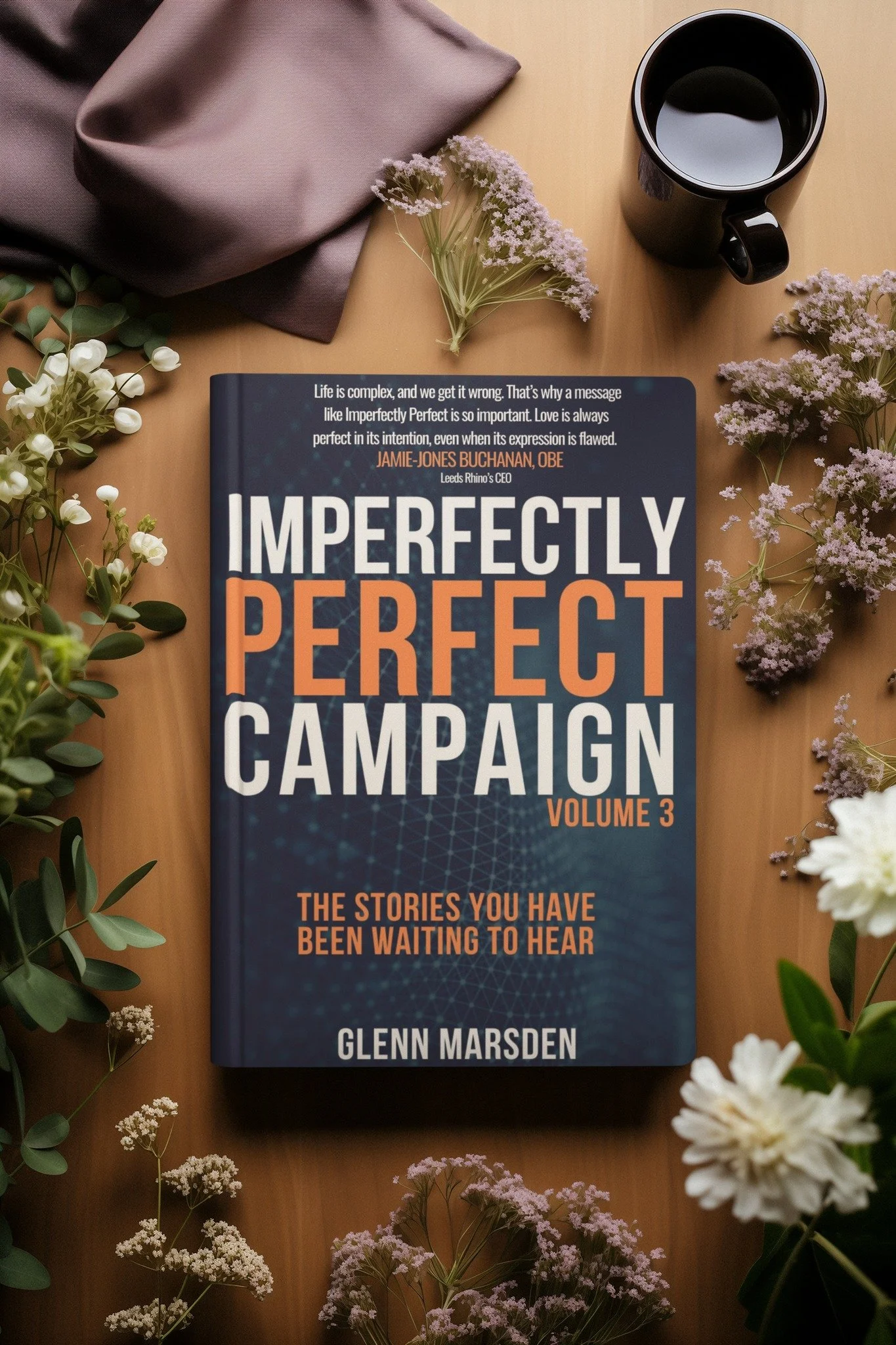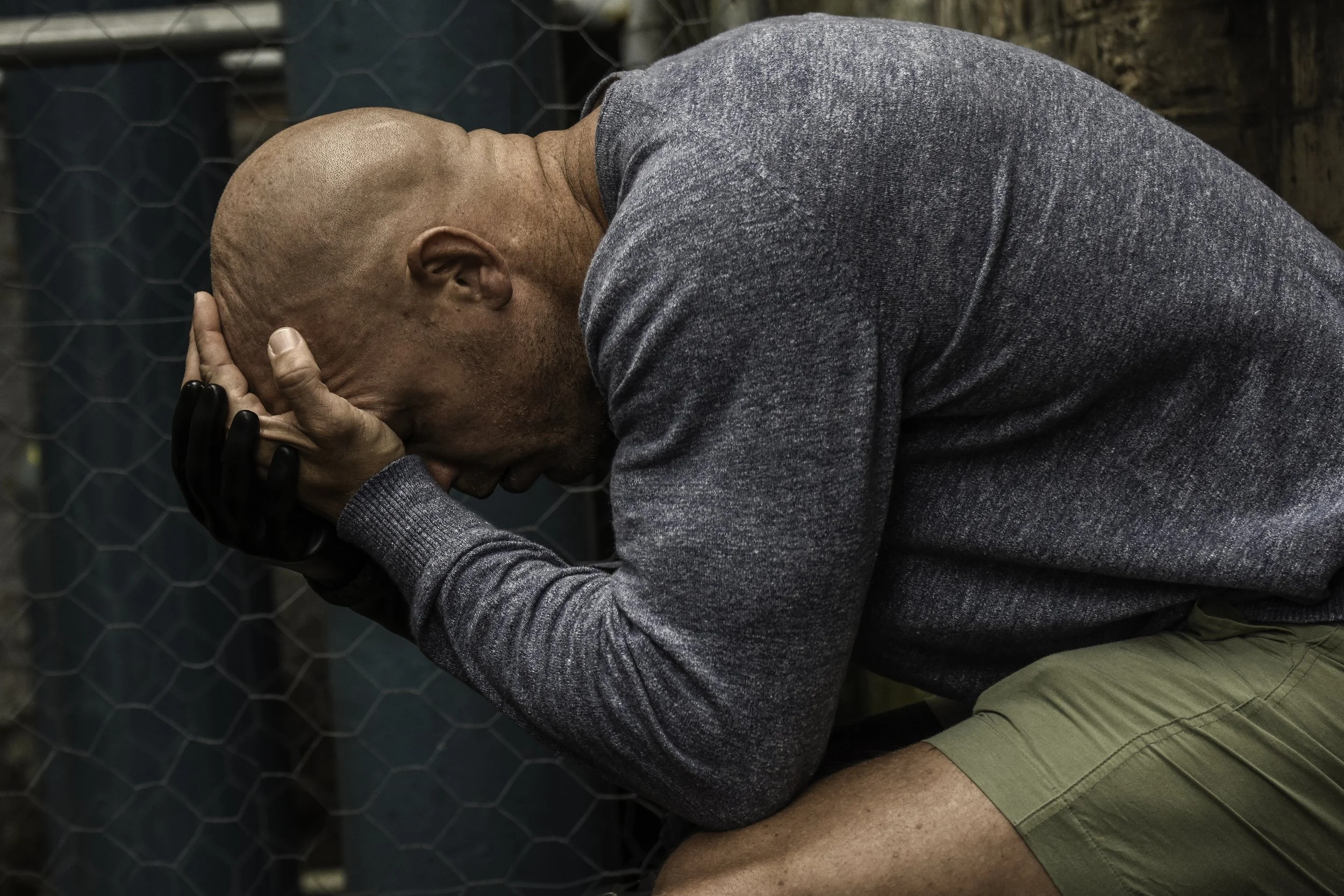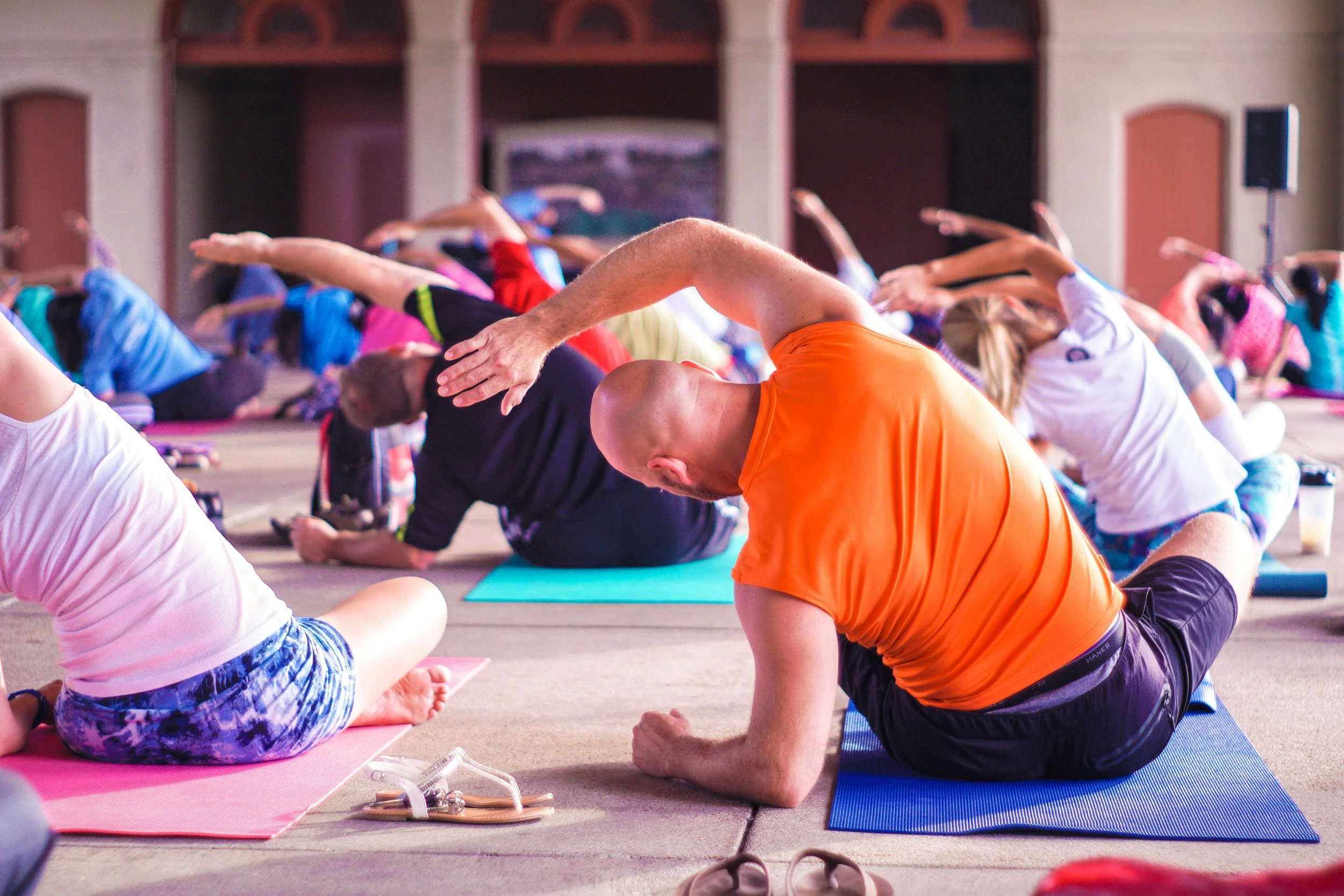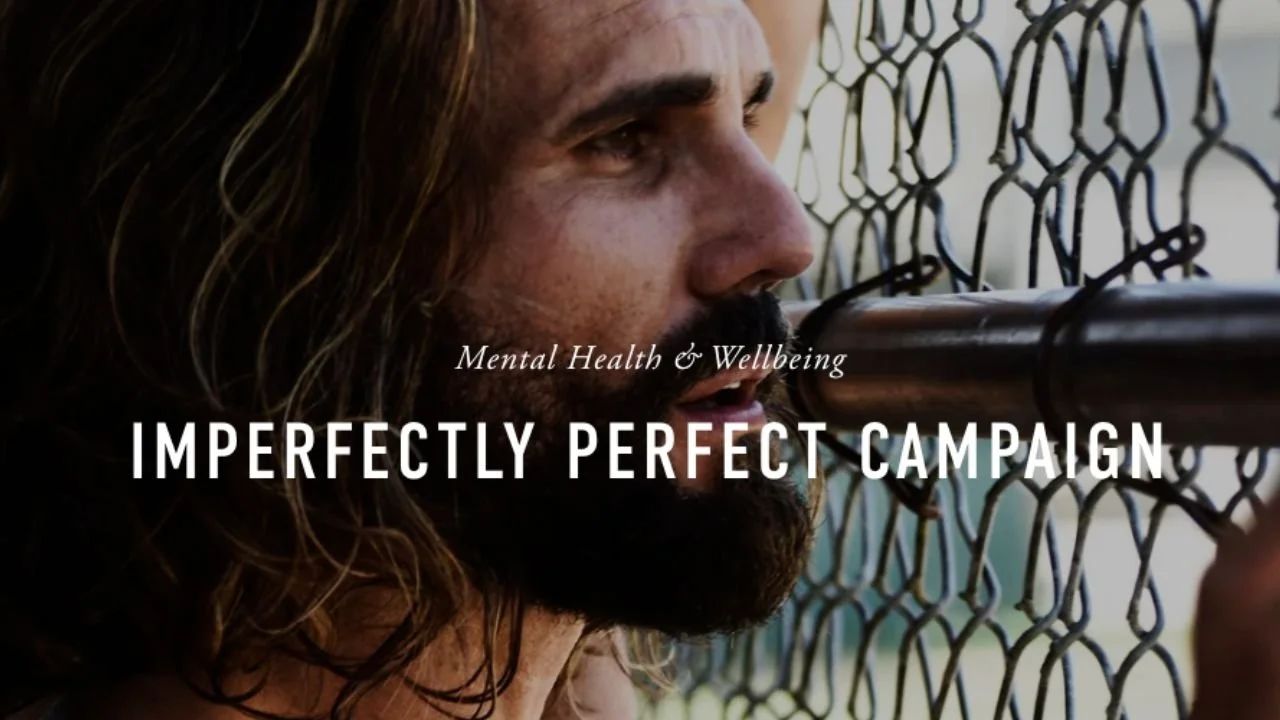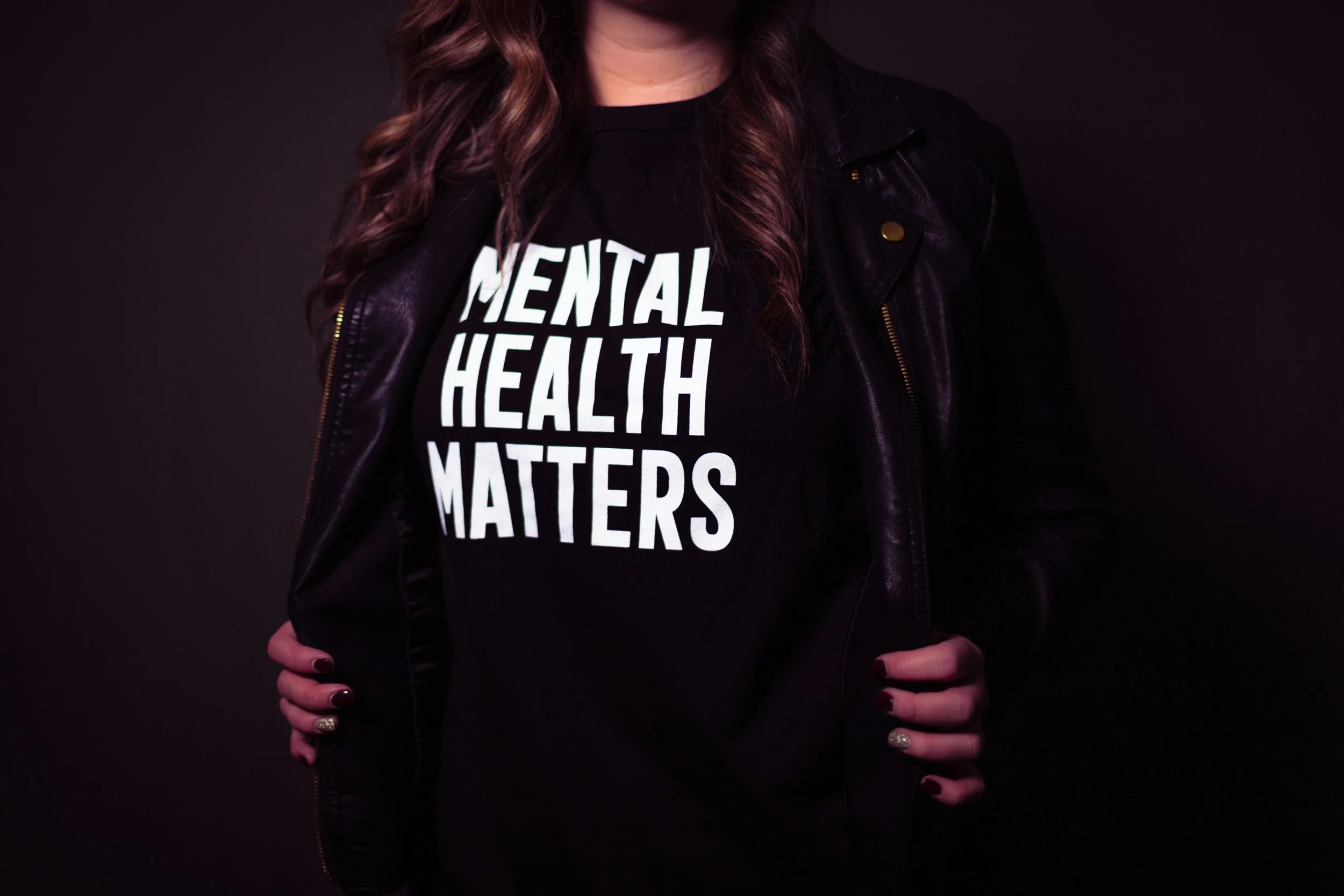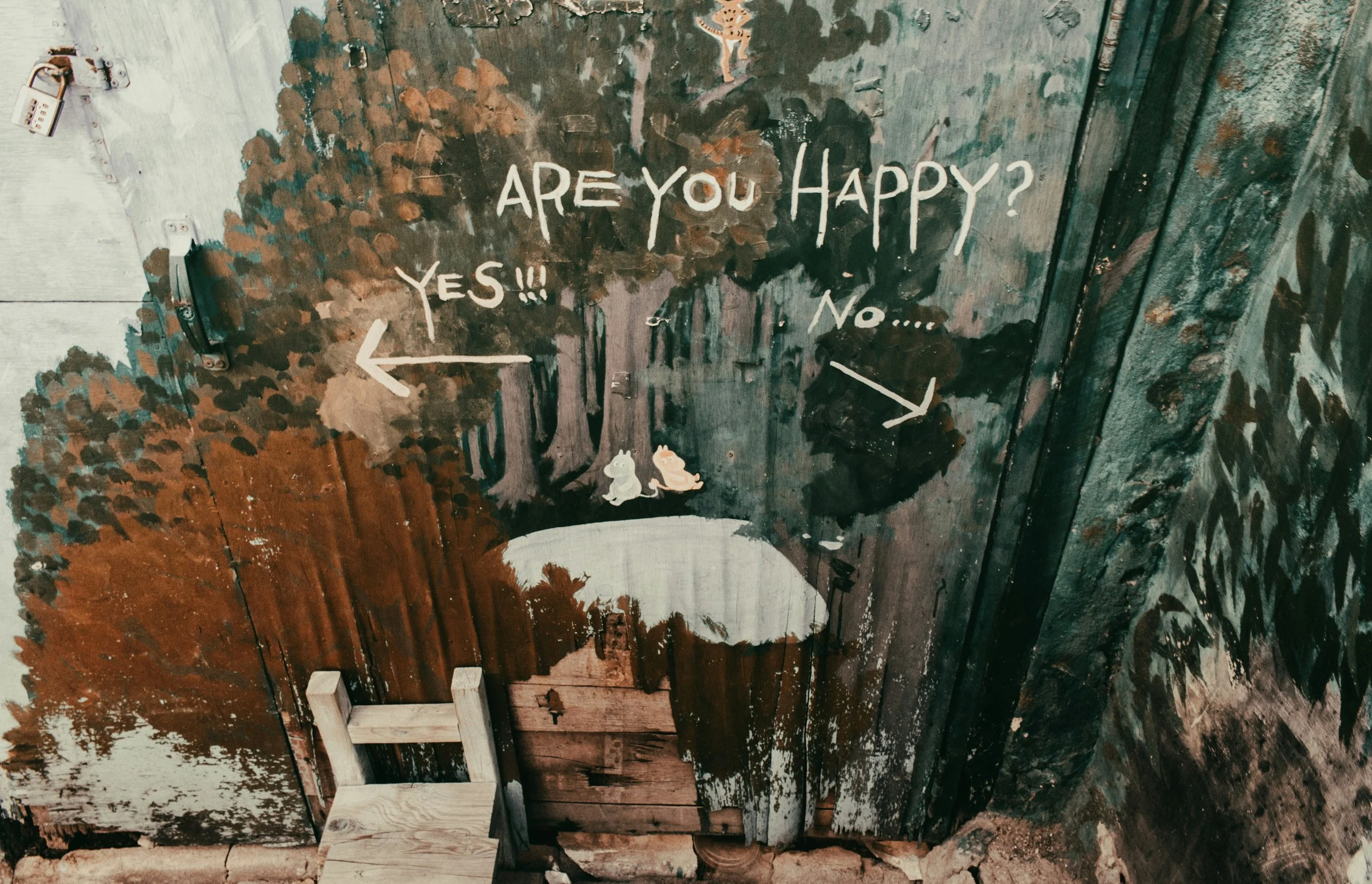Beyond the Fruit Bowl: When Corporate Wellness Becomes a Tick-Box Exercise
The multi-billion dollar corporate wellness industry promises healthier employees and reduced costs. But are companies investing in genuine change, or just hosting lunch-and-learns that leave mental health struggles untouched?
The Cost of Getting It Wrong
The numbers tell a sobering story. Workplace stress costs Australian businesses an estimated $14.81 billion annually, while globally, depression and anxiety alone cost the world economy approximately $1 trillion per year in lost productivity. In the United States, presenteeism—when employees show up but can't function at full capacity due to mental health issues—costs employers $150 billion to $250 billion annually.
Meanwhile, the corporate wellness industry has ballooned to over $60 billion globally, with companies investing heavily in programs designed to support employee wellbeing. Yet employee burnout rates continue to climb, with 77% of employees reporting experiencing burnout at their current job, and mental health-related absences increasing year over year.
Something isn't adding up.
The Tick-Box Trap
Walk into many modern offices and you'll see the hallmarks of "wellness": fresh fruit in the break-room, a visiting yoga instructor on Thursdays, an annual mental health awareness speaker, perhaps some meditation app subscriptions gathering digital dust on employee phones.
These aren't inherently bad initiatives. The problem emerges when they become performative, a way for leadership to point to wellness "efforts" while the underlying culture remains toxic, workloads unsustainable, and genuine psychological safety absent.
"We brought in a motivational speaker to talk about resilience," one HR manager told us, requesting anonymity. "Then we went back to expecting staff to answer emails at midnight and shaming people who left at 5 PM. The disconnect was staggering."
This is tick-box wellness: initiatives that look good in annual reports and satisfy compliance requirements, but fail to address the structural issues driving employee distress.
What Real Wellness Actually Looks Like
Research consistently shows that effective workplace mental health strategies require systemic change, not surface-level perks. The World Health Organization's guidelines on mental health at work emphasize addressing organizational factors like workload, autonomy, and workplace culture, not just individual resilience.
Real corporate wellness includes:
Manageable workloads and realistic expectations. No amount of mindfulness training compensates for chronic understaffing or impossible deadlines. Companies serious about wellness ensure employees can actually complete their work within contracted hours without sacrificing quality or health.
Psychological safety as a lived value. Employees need to feel genuinely safe raising concerns, admitting struggles, or asking for help without career repercussions. This requires training managers in supportive responses, not just sending a company-wide email during Mental Health Awareness Week.
Leadership modeling vulnerable, boundaried behavior. When executives openly discuss their own mental health challenges, set boundaries around after-hours communication, and actually take their full vacation allowance, it signals that wellness isn't just rhetoric.
Access to meaningful support when needed. This means confidential, professional counseling services with adequate session numbers (not just three EAP sessions), reasonable wait times, and support that addresses workplace-specific stressors.
Structural flexibility that acknowledges life complexity. Flexible work arrangements, adequate parental leave, carers' leave, and recognition that employees have lives beyond their job descriptions.
The ROI of Doing It Right
Companies genuinely committed to employee wellbeing see measurable returns. Research from Deloitte found that for every dollar spent on effective mental health initiatives, companies see an average return of $2.30 through reduced absenteeism, presenteeism, and staff turnover.
Organizations with strong wellbeing cultures report 66% lower turnover rates and productivity increases of up to 21%. Perhaps most tellingly, employees at companies with genuine wellness cultures are 3.5 times more likely to stay with their employer.
But these benefits only materialize when wellness moves beyond performative gestures to substantive culture change.
The Imperfectly Perfect Truth
Here's what the Imperfectly Perfect Campaign knows that many corporations resist: you cannot wellness-program your way out of a toxic culture.
Real mental health support means accepting that employees are whole humans—imperfect, complex, sometimes struggling, and building workplaces that accommodate that reality rather than demanding everyone maintain a glossy veneer of constant productivity and positivity.
It means recognizing that an employee experiencing depression won't be magically cured by a smoothie station, and that anxiety disorders require more than a motivational poster about "choosing happiness."
The most impactful corporate wellness initiative? Creating an environment where people can do meaningful work, go home at reasonable hours, access support when they struggle, and feel valued as humans rather than human resources.
That's messier than a catered lunch-and-learn. It's harder to photograph for the company Instagram. It requires uncomfortable conversations and structural changes that may temporarily reduce short-term productivity while building long-term sustainability.
But it's also the only approach that actually works.
Moving Forward
For companies genuinely committed to employee wellbeing, the path forward requires honest self-assessment:
Are your wellness initiatives addressing symptoms or causes? Are employees able to actually utilize the support you offer without career consequences? Does your organizational culture reinforce or undermine your stated wellness values?
The answers to these questions determine whether your corporate wellness program is a meaningful investment in human wellbeing, or just an expensive tick-box exercise that changes nothing.
Because in the end, employees don't need another fruit platter or motivational speaker. They need workplaces that treat them like whole, complex humans navigating imperfect lives. They need cultures that make space for struggle, support genuine recovery, and recognize that sustainable performance comes from sustainable conditions.
That's not just good ethics. It's good business.
The Imperfectly Perfect Campaign challenges the stigma around mental health by celebrating authentic stories and advocating for genuine, systemic support rather than performative gestures. Because real wellness isn't about perfection, it's about creating conditions where imperfect humans can actually thrive.


